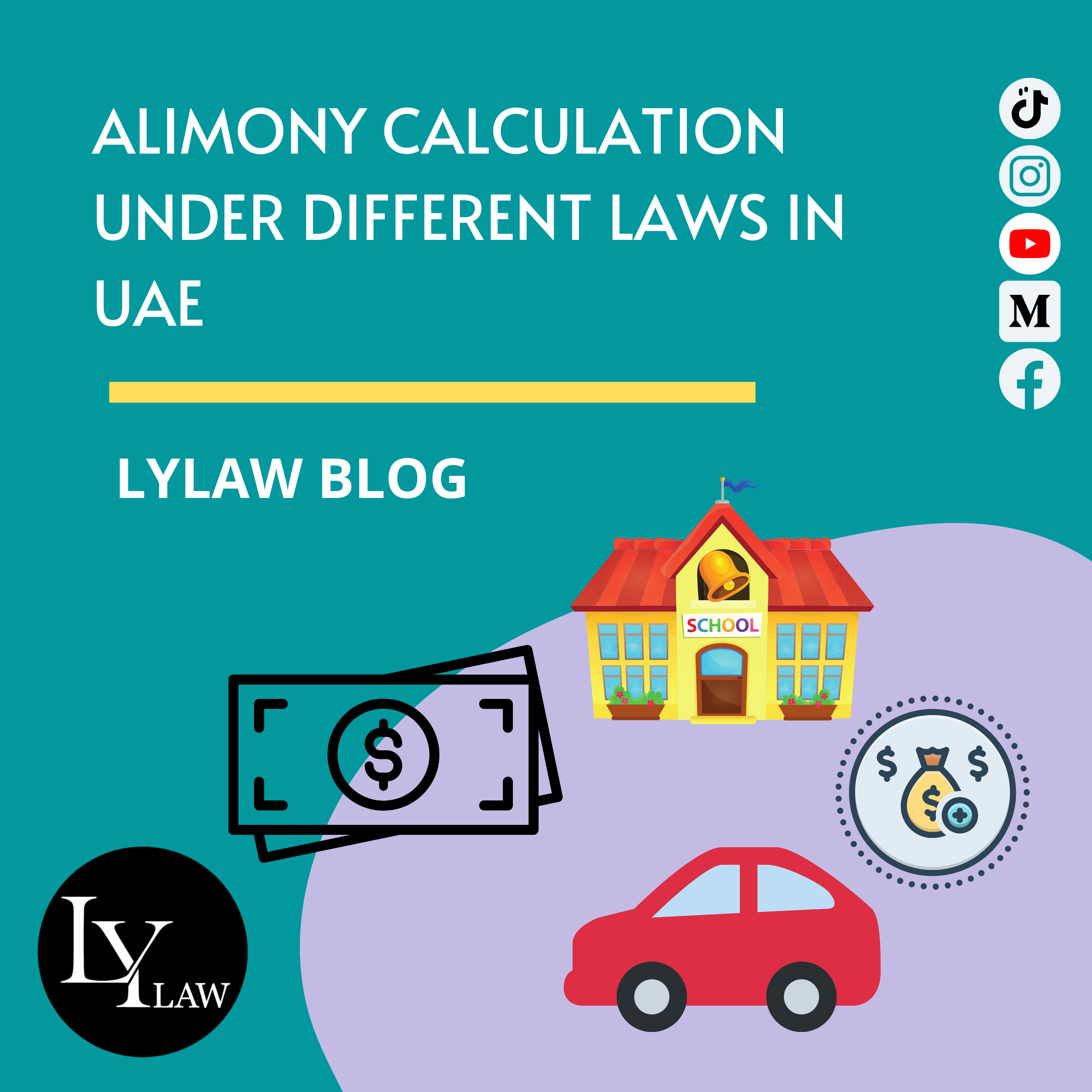The new UAE Personal Status Law, No. 41 of 2024, introduces significant changes to the distribution of assets amassed by spouses during their marriage. Effective from April 15, 2025, this law explicitly recognizes contributions of each spouse toward the growth or acquisition of wealth during the marriage, a concept previously absent from the legal framework. It would appear that the form of spousal contribution is not only confined to financial contribution but rather presupposes other forms of contributions. Which could include time, intellectual property, other forms of resources and the like.
Key Provisions of Article 51
Article 51 of the new Personal Status Law provides for different scenarios as regards asset ownership and contributions:
1. Independently Owned Assets:
- Assets acquired individually by one spouse are held to be separate property and not shared or mutually dependent.
2. Wife’s Assets:
- Any assets or money accumulated solely by the wife remain entirely her property.
3. Assets Contributed to Jointly:
- If one of the spouses contributes to an increase in wealth or to the acquisition of property during the marriage, both spouses have a claim against the contributed share. This claim exists not only against the other spouse but also against the inheritors or beneficiaries of the other spouse’s estate.
Implications of Article 51
1. Independent of Divorce Proceedings:
- Article 51 is situated under the heading “Marriage” and not under “Divorce” or “Alimony,” which provides the right to a spouse to make claims independent of divorce.
- However, it is envisioned that this article will, in practice, be invoked more often in divorce cases since the issue directly relates to the partition of estates and property.
2. Claims in Probate Proceedings:
- The law has clearly provided that claims can be filed at the time of inheritance. In such a case, the spouse, or even an ex-spouse, can claim against the contribution made towards others’ wealth or estates.
- This will amount to unjust enrichment if the inheritors of one spouse takes the contribution of the other spouse unduly. Article 253, Personal Status Law allows for criminal liability against persons concealing, damaging, or fraudulently taking for himself the whole or part of money forming part of an inheritance and provides for sanctions involving imprisonment and/or fine of AED 5,000 to AED 100,000.
Need to Identify Contribution
Historically, UAE law did not provide explicit recognition for contributions by one spouse toward the other’s assets. This means that even if a wife contributes 50% toward, say, some property, at the time of divorce, informal claims would become necessary to show her share of ownership. By introducing this rule, the law now formalizes such claims through clear legal entitlement of spouses with contributions, both financial and not, to protection of such participation.
Legal and Practical Implication
Article 51, along with other provisions, has marked an important milestone in the pursuit of equity in the distribution of both marital and post-marital assets. By giving formal recognition to spousal contributions, whatever their type may be, the law has provided a robust framework for addressing disputes relating to jointly amassed wealth with fairness and accountability in divorce and inheritance cases.








